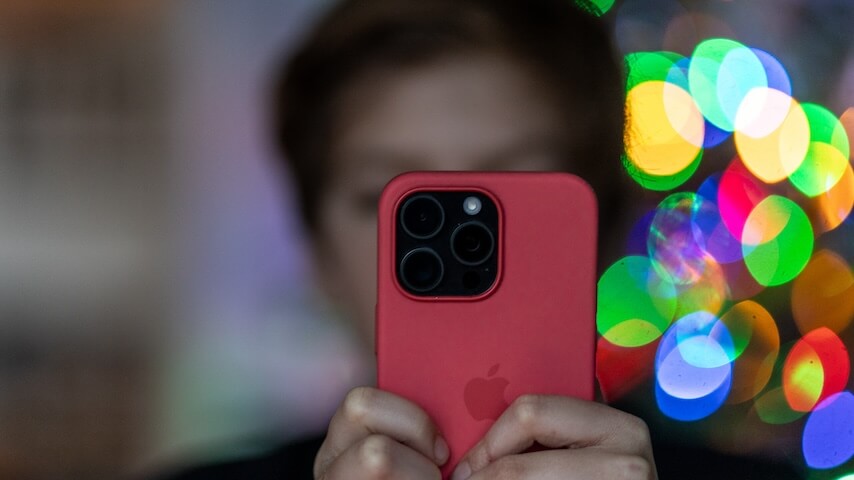Instagram to test youth ingenuity with new restrictions on teens
Instagram now has a variety of new privacy settings for everyone under 18, which will begin rolling out on Tuesday for new and existing users
Photo by: Matt Cardy/Getty Images
Teens have long ruled the Internet, but teen Internet safety is all the rage right now. YouTube, Spotify, and Snapchat have all recently introduced parental settings. Uber has a whole “Uber for teens” campaign with morose ads about kids getting cut from the football team and texting their parents when they’re on the way home. Now Instagram has introduced mandatory “Teen Accounts” that have built-in privacy protections.
Beginning on Tuesday, new users under the age of 18 will automatically be put on a Teen Account, while teens who already have accounts will be switched over in the next 60 days. The new settings automatically make teen accounts private, rather than public; users under 16 will need a parent’s permission to switch to public accounts. On Teen Accounts, users can only message with people they follow, and there will be a setting allowing parents to see with whom their teens are messaging. Teens will be able to choose “age-appropriate” topics for posts fed to them by the algorithm (which their parents can also see), and all Teen Accounts will be placed into “sleep mode” restricting users’ access to the app from 10 PM to 7 AM.
Instagram’s Adam Mosseri announced Teen Accounts on Good Morning America on Tuesday, saying the new setting is an attempt “to proactively address the top concerns that we’ve heard from parents about teens online. … Things like who can contact them, what content they see and how much time they spend on their device … all without requiring any involvement from the parent.”
Now, back in the day it would be easy enough for a teen to just lie about their birthday in order to bypass any such restriction, but Meta (which owns Instagram) is working on tech “that will try to identify age liars,” according to vice president and global head of safety Antigone Davis. Teens will have to verify their age if they attempt to change the birth date on their account, and accounts with different birthdays on the same device will be blocked.
Will these changes meaningfully address concerns about the mental health toll of social media on teens? Or will teens just find new apps with fewer protections instead? It’ll be interesting to see if this is a true inflection point for Internet safety, or if these new settings are just a band-aid over a bullet hole.